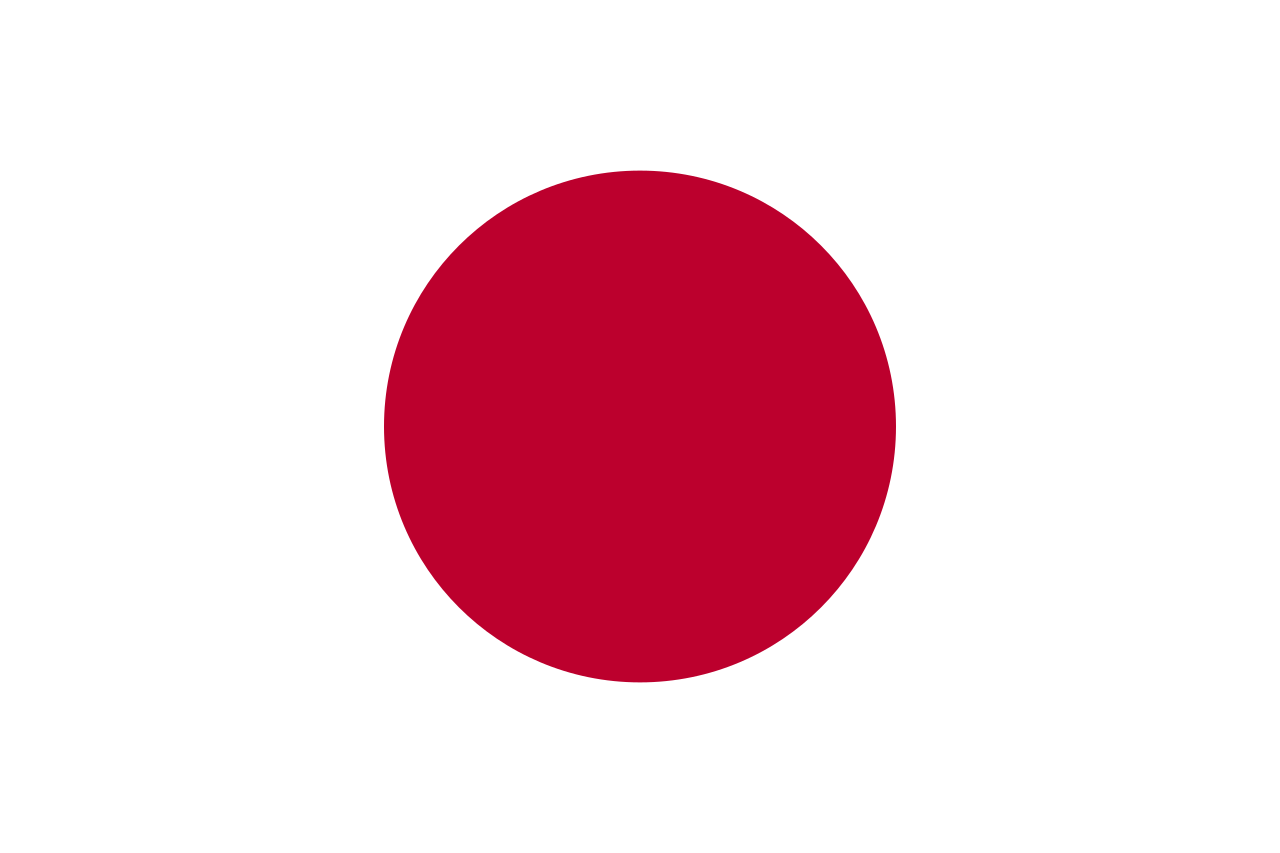Here is a press release about the launch. Among other things, it says that the think tank "plans to build momentum and deliver results for libertarian policies in Congress and across the federal government."
The Niskanen Center website says that the think tank was established in 2014. The think tank is named after the late William (Bill) Niskanen, former Chairman and Chairman Emeritus of the Cato Institute. Niskanen, who had also worked for the RAND Corporation, passed away in 2011. [The name was reportedly chosen because Mr. Niskanen was both principled and pragmatic.]
Jerry Taylor is the founder and president of the new think tank. Previously, Taylor had worked 23 years at the libertarian think tank Cato Institute. The Vice President is Joe Coon, another former Cato alum.
Several of the analysts at the think tank also have previous think tank experience, such as immigration policy analyst David Bier (formerly of Competitive Enterprise Institute), and foreign/defense policy analyst Matthew Fay (formerly of Cato).
The advisory board consists of a variety of libertarian think tankers and conservative activists, and includes:
- Terry Anderson, Property and Environment Research Center
- Lawson Bader, Competitive Enterprise Institute
- Thomas Beach, Reason Foundation
- John Cochrane, University of Chicago Booth School of Business
- Tyler Cowen, Mercatus Center
- Joseph Lehman, Mackinac Center for Public Policy
- Eli Lehrer, R Street
- Brad Lips, Atlas Network
- Mark Littlewood, Institute of Economic Affairs
- Alexander McCobin, Students for Liberty
- Lisa Nelson, American Legislative Exchange Council
- Grover Norquist, Americans for Tax Reform,
- Darcy Olsen, Goldwater Institute
- Tom Palmer, Atlas Network
- Jon Basil Utley, The American Conservative
Some of the think tanks first publications can be read here. A Wall Street Journal post about the think tank from January notes that the think tank aims to "influence policy fights" rather than just "author headline-grabbing proposals." Here is more from that piece:
One of the group’s most provocative proposals centers on an issue rarely viewed as a Republican priority: climate change. The Niskanen Center advocates a tax on carbon emissions that would replace existing environmental regulations. Prominent conservatives have long advocated a carbon tax as a way to let the market determine the cost of burning fossil fuels, but using it as a bargaining chip to limit environmental regulators is relatively new. Mr. Taylor admits this proposal faces little prospect of becoming law in the next Congress, but he said it will help set the stage for the environmental debate in the 2016 presidential race.
Here is what Richard Young has to say about the new think tank.
Here is a Think Tank Watch post from 2012 mentioning the explosion of libertarian think tanks.
Should every new libertarian think tank have its own rap star? Think Tank Watch on how libertarian think tanks party.
By the way, how is libertarian icon Ron Paul's think tank doing?
